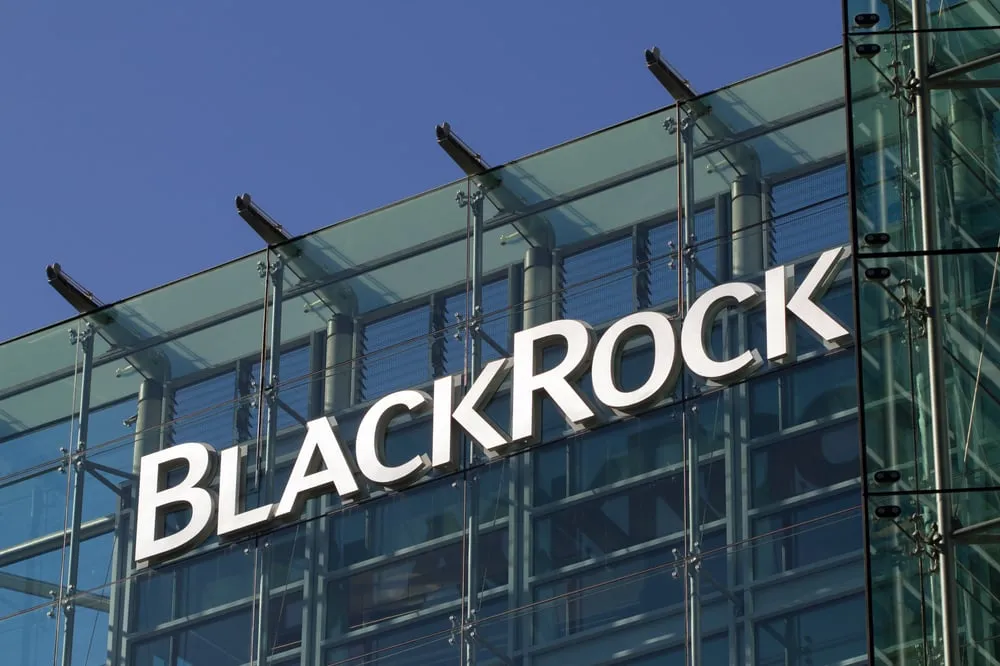The U.S. Securities and Exchange Commission has approved several spot Ether exchange-traded funds in a landmark decision, just months after greenlighting the first spot Bitcoin ETFs. The move signals a potential shift in the SEC’s stance on crypto and paves the way for more mainstream investment in Ethereum.
Approval Details
The SEC’s approval of spot Ether ETFs comes on the heels of recent developments in the regulatory landscape for cryptocurrencies. The U.S. House of Representatives recently passed legislation aimed at providing more clarity for the industry, and the SEC’s decision follows a series of legal battles in recent years.
- The approval is seen as a significant milestone for the crypto industry, as Ether is the second-largest cryptocurrency by market cap, trailing only Bitcoin.
- While Bitcoin ETFs are primarily viewed as a vehicle for long-term value storage, Ether ETFs offer exposure to the Ethereum network, which powers various applications like DeFi, NFTs, and tokenization of real-world assets.
Asset managers were quick to celebrate the news, with VanEck releasing a 37-second ad titled “Enter the ether” within an hour of the announcement, teasing Ether’s potential to fuel a “less centralized and open-source economy.”
Major Asset Managers Involved
- The SEC approved 19b-4 filings for spot Ether ETFs from major asset managers including VanEck, BlackRock, Fidelity, Grayscale, Franklin Templeton, ARK 21Shares, Invesco Galaxy, and Bitwise on May 23, 2024.
- While the 19b-4 filings have been approved, each ETF issuer still needs SEC approval on their respective S-1 registration statements before the spot Ether ETFs can officially begin trading, a process that industry analysts say could take days, weeks, or even months.
- The SEC reportedly instructed applicants to accelerate their 19b-4 filings on May 20, with the removal of staking being the most notable amendment seen across several filings.
Further Steps
While the SEC has approved the 19b-4 filings for spot Ether ETFs from several major asset managers, there are still additional steps required before these funds can begin trading. The SEC must also approve each issuer’s S-1 registration statement, a process that could take anywhere from days to months, according to industry analysts.
The SEC did not announce approval of Hashdex’s spot Ether ETF application, which had a final deadline set for May 30, ahead of other major asset managers. It remains unclear whether the SEC will ultimately approve Hashdex’s ETF.
Market Reaction and Implications
The spot Ether ETF approvals had an immediate impact on the cryptocurrency market, with the price of ETH briefly spiking above $3,900 before settling around $3,759 following the SEC’s announcement. The introduction of these ETFs is expected to bring more mainstream investment into Ethereum, as they provide a regulated and accessible way for institutional and retail investors to gain exposure to the second-largest cryptocurrency.
- The approval of Ether ETFs, following the recent greenlighting of Bitcoin ETFs, signals a growing acceptance of cryptocurrencies as a legitimate asset class by U.S. regulators.
- However, the initial size of Ether ETFs is expected to be smaller compared to their Bitcoin counterparts, with the Grayscale Ethereum Trust currently managing about $11 billion in assets, significantly less than its Bitcoin fund before its conversion.






